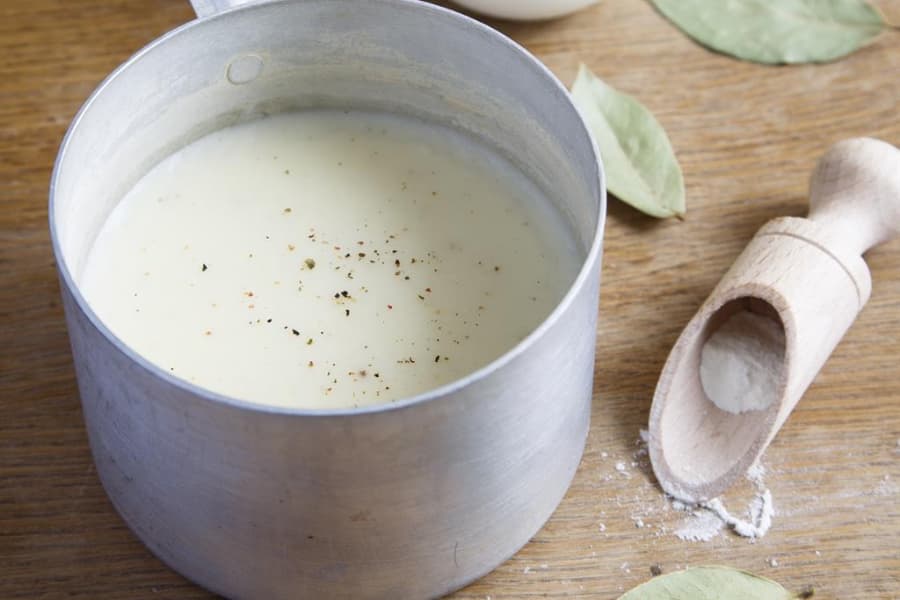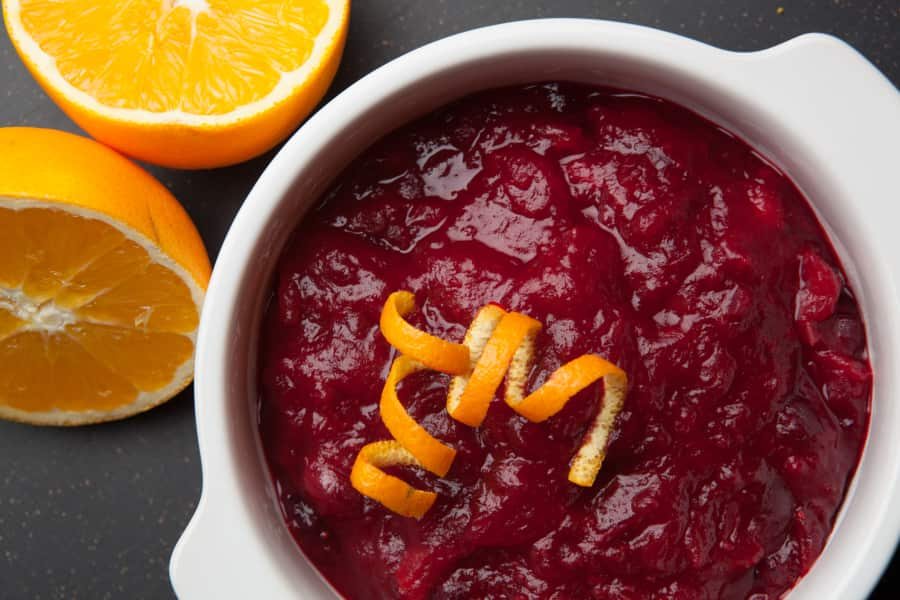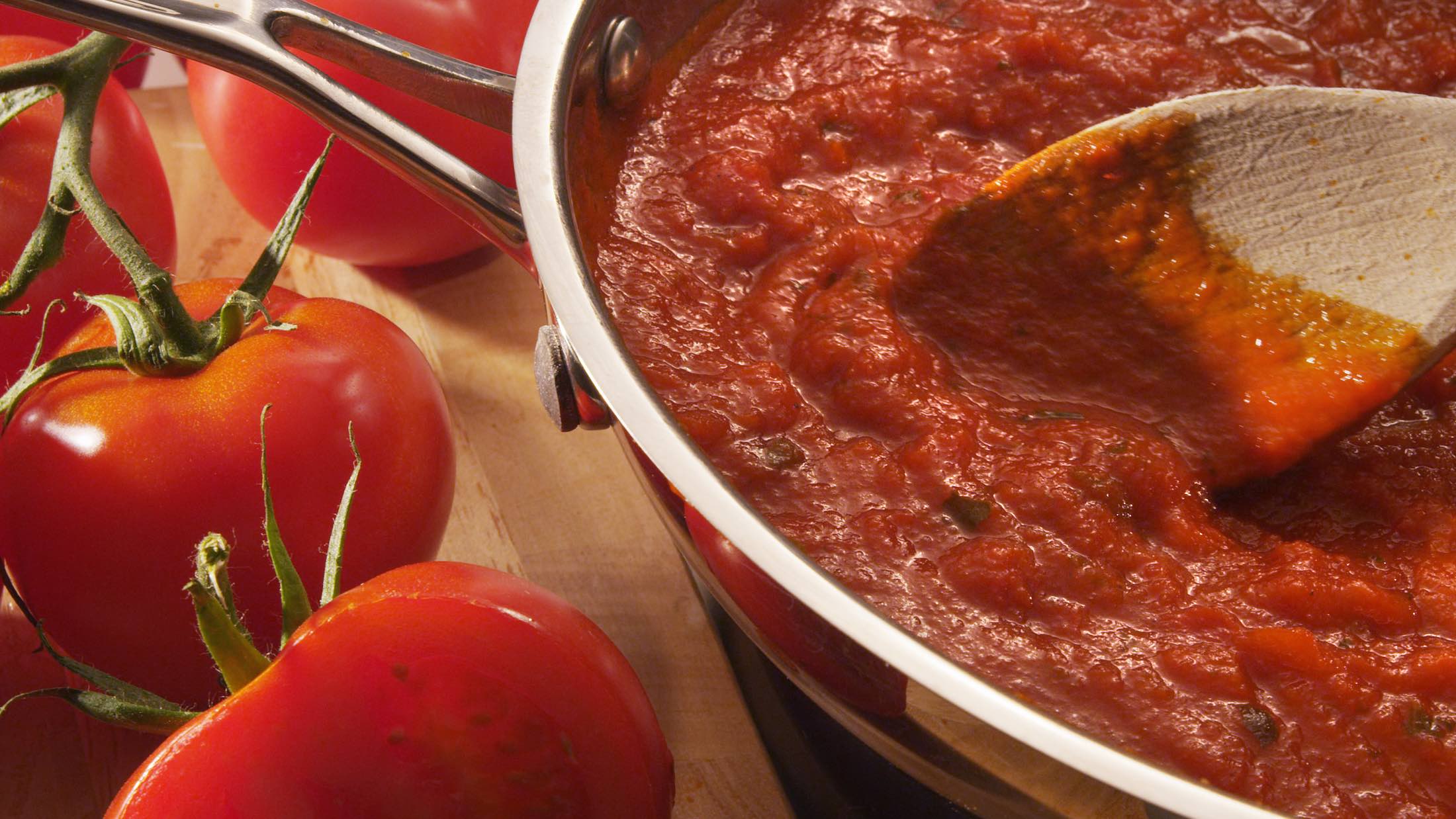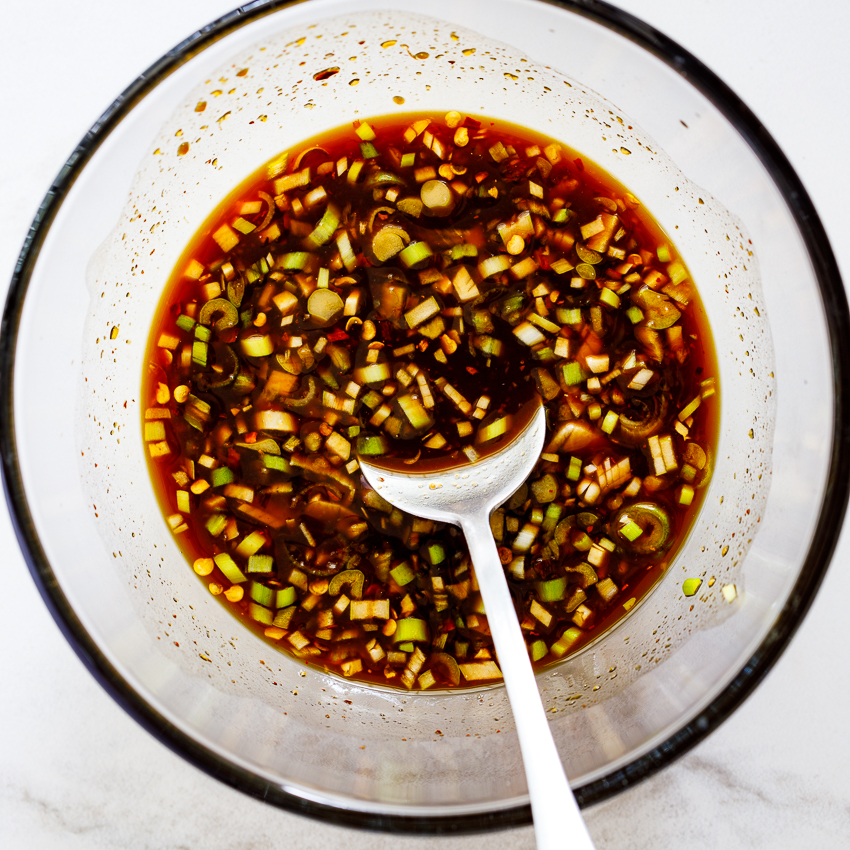Low sodium sauce recipes offer a delicious and healthy alternative to traditional sauces, allowing you to enjoy your favorite dishes without sacrificing taste.
From tangy vinaigrettes to rich cream sauces, discover the world of low sodium sauces and their incredible benefits.
Low Sodium Sauces
Low sodium sauces are sauces that have a reduced sodium content compared to regular sauces. They are typically made with low-sodium ingredients, such as unsalted butter, low-sodium soy sauce, and herbs and spices. Low sodium sauces are a good option for people who are trying to reduce their sodium intake, such as those with high blood pressure or heart disease.
There are many benefits to using low sodium sauces. First, they can help to reduce blood pressure. High blood pressure is a major risk factor for heart disease and stroke, so reducing sodium intake can help to lower the risk of these conditions. Second, low sodium sauces can help to reduce fluid retention. Fluid retention can cause swelling in the hands, feet, and ankles. Reducing sodium intake can help to reduce fluid retention and improve circulation.
There are also some challenges to using low sodium sauces. First, they can be more difficult to find than regular sauces. Second, they may not taste as flavorful as regular sauces. However, there are many ways to add flavor to low sodium sauces, such as by using herbs, spices, and citrus juice.
Benefits of Low Sodium Sauces
- Can help to reduce blood pressure
- Can help to reduce fluid retention
- May help to reduce the risk of heart disease and stroke
Challenges of Using Low Sodium Sauces
- Can be more difficult to find than regular sauces
- May not taste as flavorful as regular sauces
Types of Low Sodium Sauces

Low sodium sauces offer a flavorful and healthy alternative to traditional sauces, allowing you to enjoy your favorite dishes without compromising your health. Here are some of the most popular types of low sodium sauces:
Tomato-based sauces
Tomato-based sauces are a versatile and flavorful option that can be used on a variety of dishes. They are made with tomatoes, herbs, and spices, and can be customized to your taste preferences. Some popular low sodium tomato-based sauces include:
- Marinara sauce: A classic tomato sauce made with tomatoes, garlic, basil, and oregano.
- Arrabbiata sauce: A spicy tomato sauce made with tomatoes, garlic, chili peppers, and red pepper flakes.
- Puttanesca sauce: A flavorful tomato sauce made with tomatoes, olives, capers, and anchovies.
Cream-based sauces
Cream-based sauces are rich and creamy, and can be used to add flavor and moisture to dishes. They are made with milk or cream, and can be flavored with herbs, spices, or cheese. Some popular low sodium cream-based sauces include:
- Alfredo sauce: A classic cream sauce made with cream, butter, Parmesan cheese, and nutmeg.
- Béchamel sauce: A versatile cream sauce made with milk, butter, and flour.
- Mornay sauce: A rich cream sauce made with béchamel sauce and cheese.
Vinaigrettes
Vinaigrettes are light and tangy sauces that are made with vinegar, oil, and herbs. They are often used as salad dressings, but can also be used to marinate meats or vegetables. Some popular low sodium vinaigrettes include:
- Classic vinaigrette: A simple vinaigrette made with vinegar, oil, salt, and pepper.
- Lemon-herb vinaigrette: A flavorful vinaigrette made with lemon juice, olive oil, herbs, and Dijon mustard.
- Honey-mustard vinaigrette: A sweet and tangy vinaigrette made with honey, mustard, vinegar, and oil.
Marinades
Marinades are flavorful liquids that are used to tenderize and flavor meats, poultry, or seafood. They are typically made with a combination of oil, vinegar, herbs, and spices. Some popular low sodium marinades include:
- Italian marinade: A classic marinade made with olive oil, vinegar, garlic, oregano, and basil.
- Teriyaki marinade: A sweet and savory marinade made with soy sauce, mirin, sake, and brown sugar.
- Lemon-herb marinade: A refreshing marinade made with lemon juice, olive oil, herbs, and garlic.
Ingredients and Substitutions: Low Sodium Sauce Recipes

Creating flavorful low sodium sauces requires careful ingredient selection and substitutions. This table provides common high sodium ingredients and their low sodium alternatives:
| High Sodium Ingredient | Low Sodium Substitute |
|---|---|
| Soy Sauce | Reduced-sodium soy sauce or tamari |
| Bouillon Cubes | Low-sodium or no-salt-added bouillon cubes |
| Canned Tomatoes | No-salt-added canned tomatoes |
| Cheese | Low-sodium or reduced-fat cheese |
| Salt | Herbs, spices, or lemon juice |
When substituting, consider the following tips:
- Use reduced-sodium or no-salt-added versions of high sodium ingredients.
- Start with a small amount of low sodium substitutes and adjust to taste.
- Experiment with herbs, spices, and other flavorings to enhance taste without adding salt.
Health Benefits of Low Sodium Sauces

Incorporating low sodium sauces into your diet offers a multitude of health benefits, contributing to your overall well-being. These sauces play a significant role in maintaining optimal health, particularly for individuals with hypertension or those aiming to prevent its development.
Reduced Risk of High Blood Pressure
High sodium intake is a primary culprit in the development of high blood pressure, a condition that can strain your heart and blood vessels, increasing the risk of cardiovascular complications. Low sodium sauces effectively reduce sodium consumption, thereby mitigating the risk of developing or exacerbating hypertension.
Improved Heart Health
High sodium levels can damage the heart muscle and arteries, leading to heart disease. By reducing sodium intake through low sodium sauces, you can protect your heart health, reducing the risk of heart attacks, strokes, and other cardiovascular events.
Weight Management
Excess sodium can contribute to water retention, leading to bloating and weight gain. Low sodium sauces help reduce water retention, promoting a healthier weight and supporting weight management efforts.
Tips for Creating Flavorful Low Sodium Sauces

Creating flavorful low sodium sauces is possible by employing various techniques that enhance the taste without adding salt. Herbs, spices, and acid can be utilized to create depth of flavor.
For those looking to cut down on sodium intake, there are plenty of low sodium sauce recipes available. However, if you’re craving a flavorful enchilada sauce, check out this canning recipe for enchilada sauce . It offers a delicious blend of spices and seasonings, all while keeping sodium levels low.
So whether you’re looking for a healthy alternative to store-bought sauces or simply want to experiment with homemade flavors, this low sodium enchilada sauce recipe is worth trying.
Using Herbs and Spices
Herbs and spices are excellent sources of flavor and can be used to enhance the taste of low sodium sauces. Fresh herbs like basil, oregano, and thyme add a vibrant and aromatic touch, while dried herbs provide a more concentrated flavor. Spices like paprika, cumin, and chili powder can add warmth and depth.
Incorporating Acid, Low sodium sauce recipes
Acidic ingredients like lemon juice, vinegar, or wine can brighten the flavor of low sodium sauces. They balance out the richness of the sauce and create a more complex taste profile. Acid can also help preserve the sauce and extend its shelf life.
Other Techniques
- Use low sodium broth or stock as a base for sauces.
- Roast vegetables like onions, peppers, or tomatoes to caramelize them and add sweetness.
- Add a touch of umami-rich ingredients like mushrooms, soy sauce, or miso paste.
Recipes for Low Sodium Sauces

Basic Tomato Sauce
This classic sauce is a versatile base for many dishes. It’s low in sodium and packed with flavor.
Ingredients:
- 1 tablespoon olive oil
- 1 onion, chopped
- 2 cloves garlic, minced
- 1 (28-ounce) can crushed tomatoes
- 1 teaspoon dried oregano
- 1 teaspoon dried basil
- Salt and pepper to taste
Instructions:
- Heat olive oil in a large saucepan over medium heat.
- Add onion and cook until softened, about 5 minutes.
- Add garlic and cook for 1 minute more.
- Stir in crushed tomatoes, oregano, and basil.
- Bring to a simmer and cook for 20 minutes, or until sauce has thickened.
- Season with salt and pepper to taste.
Creamy Pesto Sauce
This rich and flavorful sauce is perfect for pasta, chicken, or fish. It’s made with fresh basil, pine nuts, and Parmesan cheese.
Ingredients:
- 1 cup fresh basil leaves
- 1/2 cup pine nuts
- 1/2 cup grated Parmesan cheese
- 1/2 cup olive oil
- 1/4 cup heavy cream
- Salt and pepper to taste
Instructions:
- Combine basil, pine nuts, Parmesan cheese, and olive oil in a food processor.
- Pulse until smooth.
- Add heavy cream and salt and pepper to taste.
- Pulse until combined.
Easy Asian Stir-Fry Sauce
This versatile sauce is perfect for stir-frying vegetables, chicken, or beef. It’s low in sodium and has a delicious blend of sweet and savory flavors.
Ingredients:
- 1/4 cup soy sauce
- 1/4 cup rice vinegar
- 1/4 cup brown sugar
- 1 tablespoon cornstarch
- 1 tablespoon water
- 1 teaspoon ground ginger
- 1 clove garlic, minced
Instructions:
- In a small bowl, whisk together soy sauce, rice vinegar, brown sugar, cornstarch, water, ginger, and garlic.
- Bring to a simmer over medium heat, stirring constantly.
- Cook for 1-2 minutes, or until sauce has thickened.
Last Word

Embracing low sodium sauce recipes empowers you to maintain a balanced diet while indulging in flavorful meals. Experiment with different cuisines and flavors, and elevate your cooking to new heights with these sodium-conscious creations.
Detailed FAQs
Can low sodium sauces be as flavorful as regular sauces?
Yes, by using herbs, spices, and other flavorful ingredients, low sodium sauces can be just as delicious and satisfying as traditional sauces.
Are low sodium sauces suitable for all diets?
Yes, low sodium sauces are generally safe for most diets, including those with high blood pressure or heart conditions.
How can I reduce sodium intake in my sauces?
Substitute high-sodium ingredients with low-sodium alternatives, such as using unsalted butter or low-sodium soy sauce.



